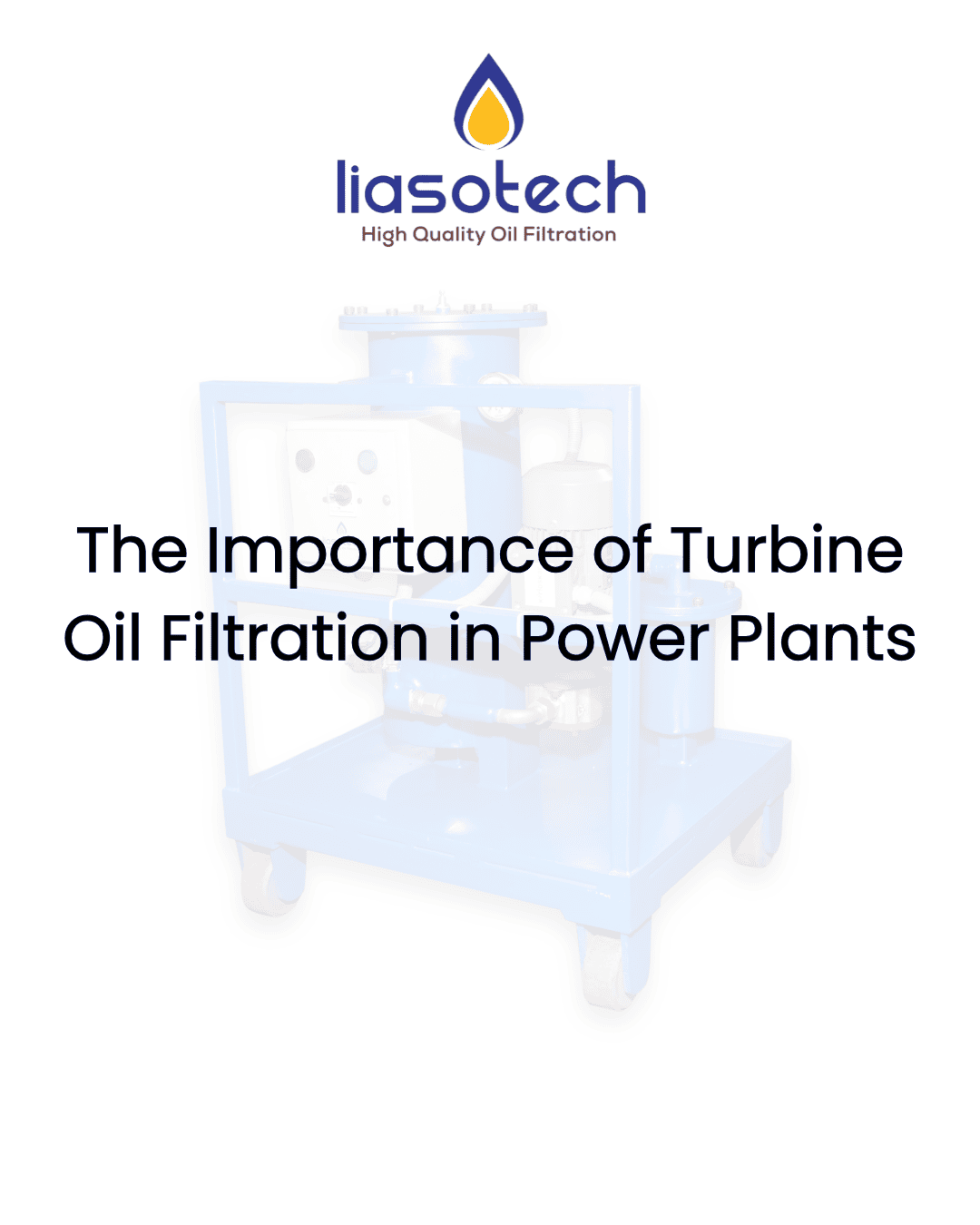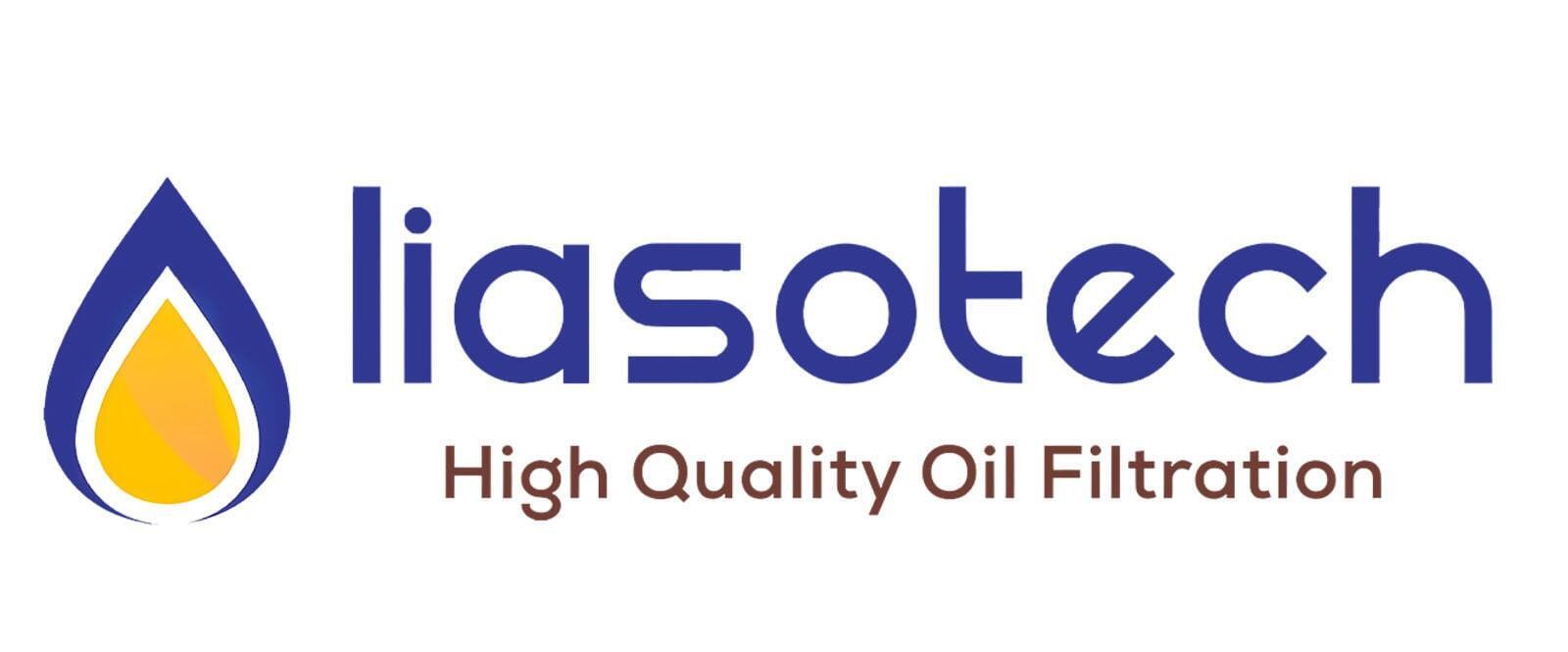
Turbine oil is the lifeblood of power generation equipment. From steam turbines in thermal plants to gas turbines in combined-cycle facilities, these massive machines rely on high-quality turbine oil for lubrication, cooling, and hydraulic control. However, without effective oil filtration, even the most advanced turbines are vulnerable to wear, downtime, and costly failures.
In this article, we’ll explore why turbine oil filtration is critical, the common contaminants that threaten turbine performance, and how modern filtration technologies are helping power plants improve reliability, efficiency, and sustainability.
Why Turbine Oil Filtration Matters
Power plants operate under demanding conditions. Turbine oils not only lubricate bearings and gears but also serve as a hydraulic medium and coolant. Over time, these oils become contaminated with particles, water, and oxidation by-products.
Without proper filtration, contaminated oil can lead to:
Increased wear and tear on bearings and seals
Reduced efficiency of turbine operations
Unexpected breakdowns and costly downtime
Shortened oil life, leading to frequent replacements
Non-compliance with OEM and ISO cleanliness standards
For plants striving to maximize uptime and minimize maintenance, oil filtration is not optional—it’s essential.
Common Contaminants in Turbine Oil
Water/Moisture – from condensation, leaks, or steam ingress, leading to rust and corrosion.
Solid Particles – dust, dirt, and metal wear particles that damage turbine components.
Oxidation Products – sludge and varnish formed when oil degrades at high temperatures.
Air and Gas Bubbles – entrained air causing foaming and cavitation issues.
Each of these contaminants reduces oil effectiveness and accelerates equipment wear.
Benefits of Effective Turbine Oil Filtration
- Extended Oil Life – Filtration keeps turbine oils cleaner for longer, reducing replacement costs.
- Improved Equipment Reliability – Cleaner oil means smoother turbine operation and fewer failures.
- Lower Maintenance Costs – Prevents premature wear, reducing unplanned shutdowns.
- Compliance with Standards – Meets ISO 4406 cleanliness codes and OEM requirements.
- Sustainability – Less oil consumption and waste disposal, reducing environmental footprint.
Modern Filtration Solutions for Power Plants
Today’s power plants rely on advanced oil filtration systems such as:
Offline Filtration (Kidney Loop Systems) – Continuous cleaning without interrupting turbine operation.
Vacuum Dehydration Units – Effective removal of water, gas, and dissolved air.
Electrostatic Filtration – Targets varnish and oxidation by-products.
High-Efficiency Particle Filters – Capture ultra-fine contaminants for ISO-compliant cleanliness levels.
By integrating these solutions, plants achieve both operational efficiency and long-term sustainability.
Conclusion
